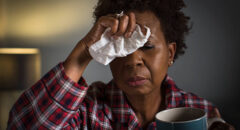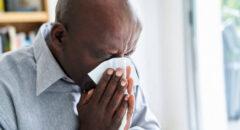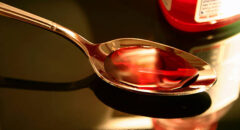
Common illnesses, like the flu, can quickly become dangerous, especially for a person with sickle cell disease. Studies have shown that people with sickle cell disease, especially children, are more likely to have flu complications that result in hospitalization and occasionally even death.
So what can you do to help protect yourself and your family?
Hand Washing
Washing your hands is one of the best ways to help prevent getting an infection. People with sickle cell disease, their family, and other caretakers should wash their hands with soap and clean water many times each day. If you don’t have soap and water, you can use gel hand cleaners with alcohol in them.
Times to wash your hands:
BEFORE
- Making food
- Eating
AFTER
- Using the bathroom
- Blowing your nose, coughing, or sneezing
- Shaking hands
- Touching people or things that can carry germs, such as:
> Diapers or a child who has used the toilet
> Food that is not cooked (raw meat, raw eggs, or unwashed vegetables)
> Animals or animal waste
> Taking out the trash
> Spending time with a sick person
Food Safety
Bacteria, called salmonella, in some foods can be especially harmful to children with sickle cell disease. How to stay safe when cooking and eating:
- Wash hands, cutting boards, counters, knives, and other utensils after they touch uncooked foods.
- Wash vegetables and fruit well before eating them.
- Cook meat until it’s well done. The juices should run clear and there should be no pink inside.
- Do not eat raw or undercooked eggs. Raw eggs might be hiding in homemade hollandaise sauce, caesar and other homemade salad dressings, tiramisu, homemade ice cream, homemade mayonnaise, cookie dough, and frostings.
- Do not eat raw or unpasteurized milk or other dairy products (cheeses). Make sure these foods have a label that says they are “pasteurized.”
Reptiles
Bacteria, called salmonella, that some reptiles have can be especially harmful to children with SCD. Make sure children stay away from turtles, snakes, and lizards.
Vaccines
People with sickle cell disease are considered “high risk” for certain infections and should follow a special vaccination schedule for the following vaccines:








